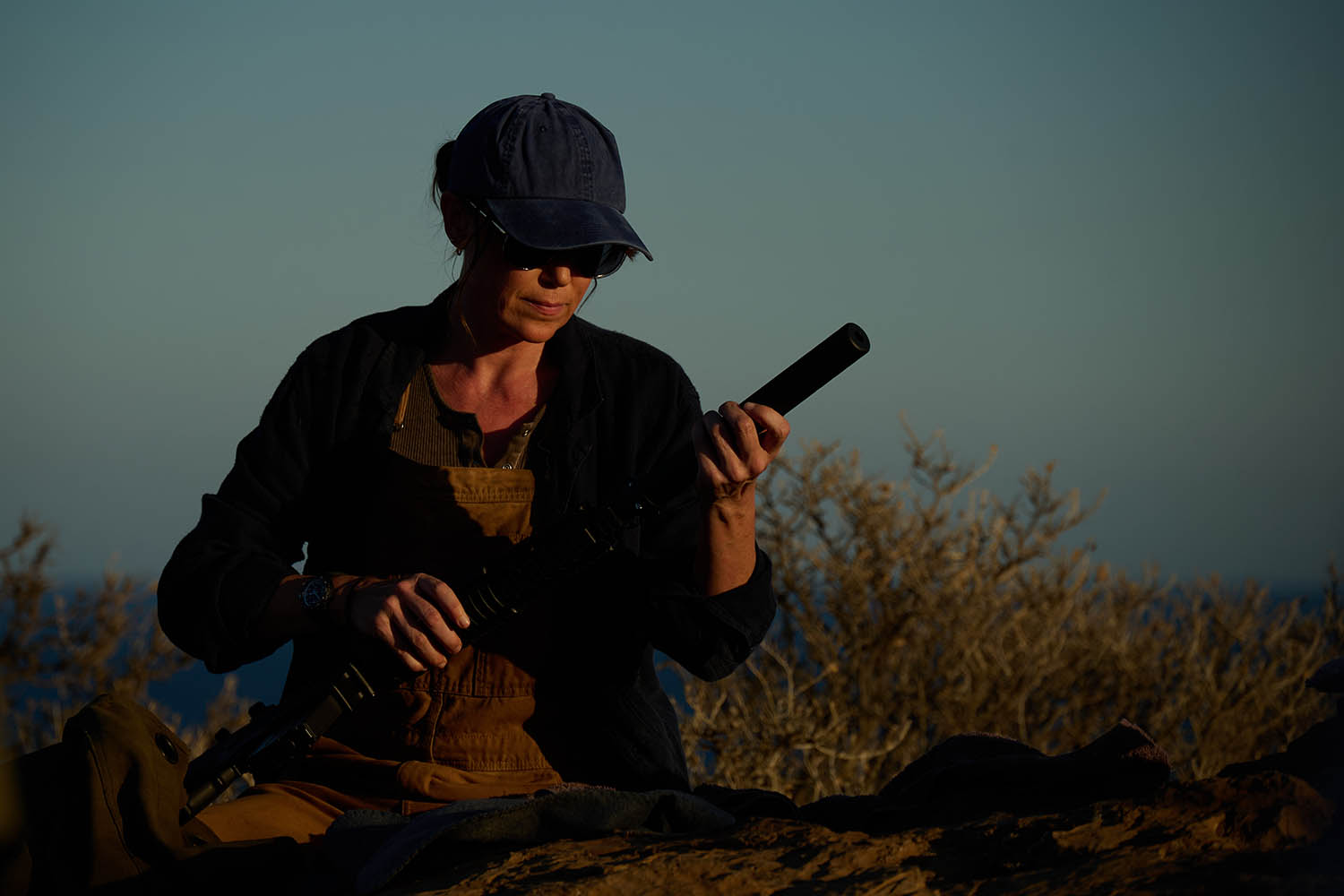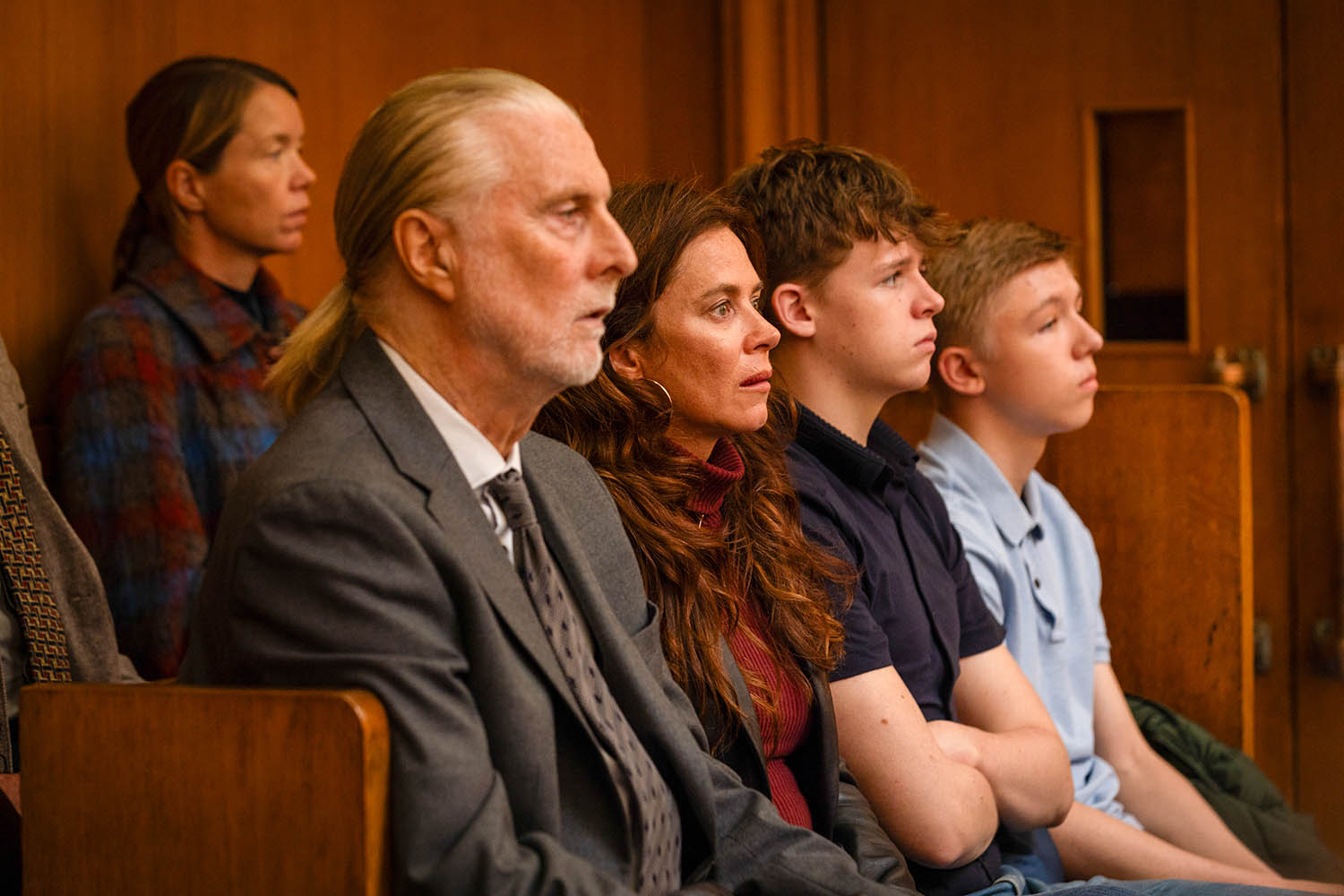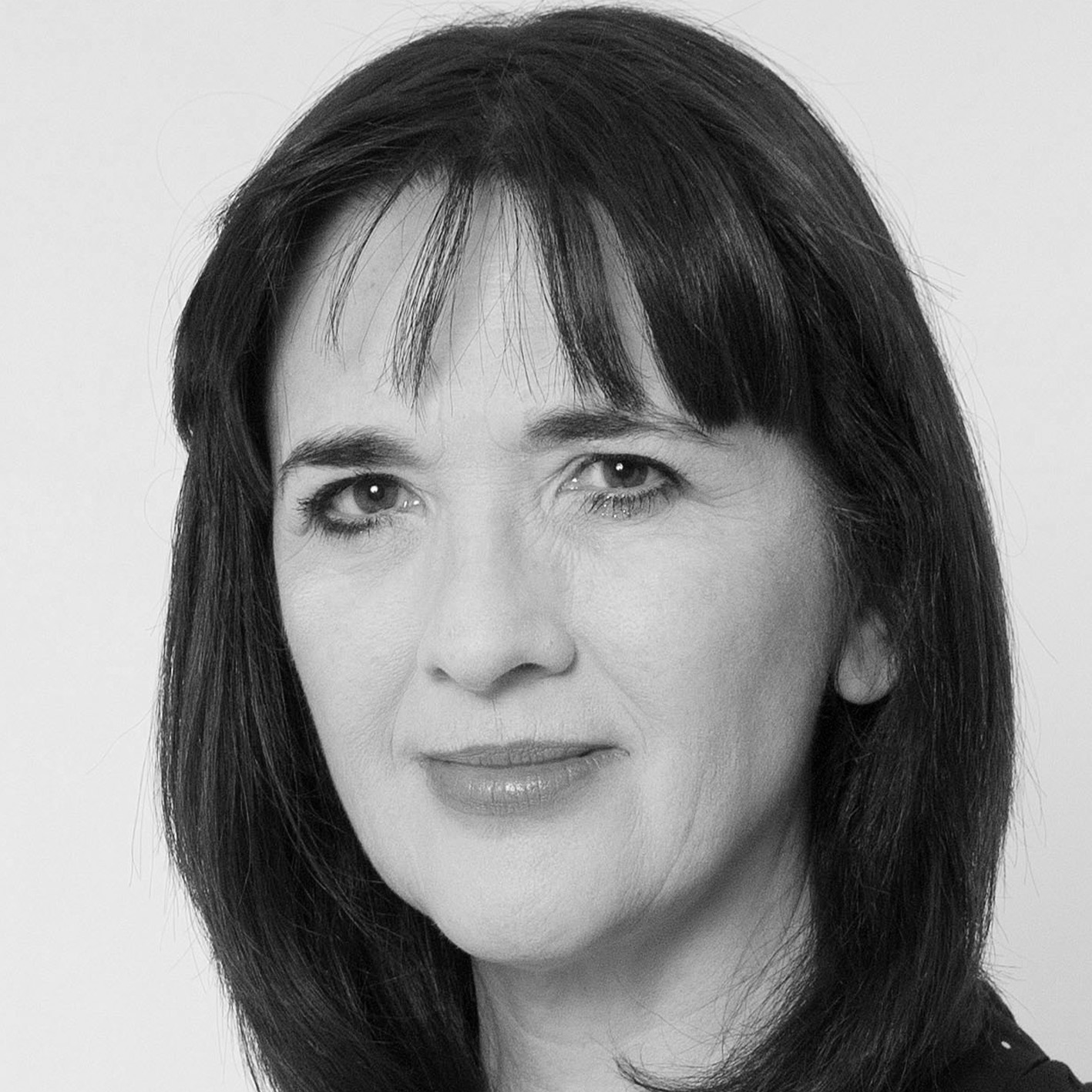Are British audiences ready for a sympathetic portrayal of a convicted paedophile? While there have been complex screen treatments of child molesters before, such as the 2004 film The Woodsman, starring Kevin Bacon, does the medium of television bring it closer to home?
These are questions humming in the background of the confrontational BBC Two drama Unforgivable. Written by Jimmy McGovern (Hillsborough, Cracker) and directed by Julia Ford, the 105-minute film is about a working-class Liverpool family, the Mitchells, buckling under the strain of an uncle who sexually abused his young nephew being released from prison.
Unforgivable condemns child sexual abuse, but it also asks where the sick urge may come from. This is where it goes from harrowing – in its depiction of the grim implosion of a family unit – to challenging, probing the uncomfortable concept of the cycle of abuse: the idea that even the most heinous and criminal acts come with history and context.
The abuser, Joe, is brilliantly portrayed by Bobby Schofield (The Suspect, SAS Rogue Heroes). Generally a dynamic actor, Schofield is here closed off, blank, often unreadable behind his nerdish glasses. It’s a performance that moves in cautious, hyper-vigilant millimetres: Joe, it’s clear, is someone who’d rather go unnoticed.
We meet him first in the feral prison environment (“Nonce!”), learning that his mother has died. He’s told by his father, Brian (David Threlfall), a man with his own secrets, that he can’t go to the funeral: “You broke it – her heart.” Joe’s sister, Anna, the mother of the abused boy, Tom (Austin Haynes), is played by Anna Friel as a nervy clattering of stress and hoop earrings. When monosyllabic Tom is in trouble for violence at school, she rounds on the principal: “You know his history.”
Joe comes across as manipulative and self-pitying as he asks: ‘Would you like to be me?’
Joe comes across as manipulative and self-pitying as he asks: ‘Would you like to be me?’
Thus, in just a handful of scenes, it’s established: what Joe did polluted the entire family, coiling through their lives like poisonous gas. And Joe knows it. Released from prison, living in accommodation dedicated to rehabilitating ex-offenders, he attends therapy sessions with former nun Katherine (Anna Maxwell Martin) that are masterclasses of shame and self-hate: “I’m a piece of shit!” He tells Katherine: “I’d like to go to sleep one night not hating myself and to wake up one morning not hating myself.” When recognised in the street, he runs, but seems neither surprised nor aggrieved to receive a brutal battering.
In case Unforgivable is considered to be forgiving about child abuse, it isn’t. A distinction is made between Joe and more hardened paedophiles at the accommodation (one talking about another offender: “I’ve read his file. It’s got some good stuff in it”). But it’s still hideous to hear Joe’s gratingly tender description of Tom as he groomed him (“He was beautiful”) and his rationale for the abuse (he thought “he would like it”).
Joe can come across as manipulative and self-pitying (as when he asks: “Would you like to be me?”). At such points, you wonder: where is the accountability? It is only later, as it becomes evident that there is more to Joe’s history – long, flickering shadows – that the emotional dams begin to burst.
Joe’s ambiguity is a classic McGovern motif. The writer has an aversion to simplistic characters: he gave Sean Bean one of his most textured roles in the prison drama, Time, in which Schofield also appeared. Unforgivable is full of other McGovern touches: deep dives into subplots – seemingly going by the theory that if you don’t know the characters, you won’t care about them – as well as the Merseyside backdrop of politics, poverty, class and Catholicism.
Occasionally I ask myself: where is Tom? Haynes captures the teenager traumatised into inarticulacy, but he seems underwritten, whereas earlier in the year Jack Thorne and Stephen Graham’s drama, Adolescence, put a boy centre-stage with startling results. (Owen Cooper, at 15, became the youngest person to be to be nominated for a best supporting actor Emmy.)
Newsletters
Choose the newsletters you want to receive
View more
For information about how The Observer protects your data, read our Privacy Policy
There are also times when Unforgivable meanders too long in those side plots. Overall, though, this is a deft, intricate drama that dares to cut through hysteria and make viewers think. You can’t help but wonder if McGovern will be forgiven for that.
I’m a shameless fan of Keeley Hawes who, for me, is the perfect collision of talent and versatility. I also rate Harry and Jack Williams’s ever-expanding screenwriting oeuvre: The Missing, and that belting first series of The Tourist, which took an amnesiac Jamie Dornan through a magnificent Australian outback-based meltdown. It’s a big disappointment, then, that their latest six-part joint venture, the international comedy thriller The Assassin (Amazon Prime Video) is something of a misfire.

‘Something of a misfire’:Keeley Hawes plays a former hitwoman in The Assassin
Hawes plays ex-elite hitwoman Julie, who has retired anonymously to Greece. Freddie Highmore is her geeky, semi-estranged son, Edward, who hasn’t seen his mother for four years. Julie’s illicit past is shown in her non-fragrant response to having a ball kicked at her on a beach: “Which one of you fuckers did that?” When she is reactivated by her old employers, their lives are in danger: cue gun battles, bloodbaths and a life on the run.
The Assassin is a mother-son twist on the wisecracking husband-wife action-hero trope – killing and bickering – as exemplified by Mr & Mrs Smith. There is an intriguing riff on Julie’s age (Edward refers to her as a “peri-menopausal James Bond”), though that becomes overplayed and tiresome. As Edward is a weed – the antithesis of Julie – it’s jarring when a rich, glamorous girlfriend appears. The great Gina Gershon also shows up, but in such a bewildering non-part, you wonder if she just wanted a holiday jolly.
The Assassin also does that exhausting thing of constantly moving location: Libya, Bulgaria et al. Is it a thriller or a backpacker? I stuck it out for all four review episodes available, but sometimes you don’t need the finely honed instincts of a trained killer to know that something probably isn’t going to get any better.
Barbara Ellen’s watch list
(BBC Two)
The return of Diane Morgan’s cult comedy about the gloriously gormless and resolutely work-shy titular heroine with the walk of a deranged flamingo (below). Comedy that hits the sweet spot of daft-meets-clever.

Diana Morgan stars in Mandy
(Sky Max/Now)
A new series of Ryan Sampson’s riotous fraternal comedy drama, featuring Danny Dyer as a blowhard braggart with a heart of gold (a role that won him a Bafta).
(ITV1/ITVX)
Another outing for crime novelist Val McDermid’s cold-case doyenne. Lauren Lyle plays the forthright Scottish detective.
Photographs by BBC/Prime Video

